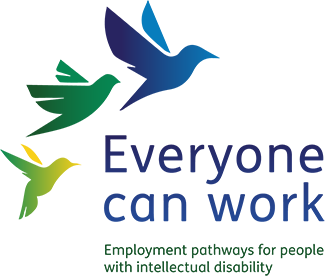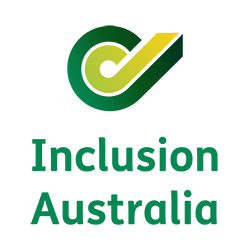One of the ways you can be employed is to have your own microenterprise. A microenterprise, also called a microbusiness, is a small business that is simple and low-cost to start up. They can also be owned and operated by one person. Microenterprises can be built around your interests, hobbies and strengths.
Microenterprises and the self-employment they offer can give you more control and flexibility about:
- the kind of work you do
- how much money you make – meaning you may not have to rely as much on government support
- when, how much and where you work.
A recent Australian study also showed that microbusiness owners with disability had very positive outcomes. They included:
- a sense of purpose
- looking forward to the future
- contributing to the community
- increased self-esteem
- better quality of life
- larger social network
- a job with a secure income
- creating employment for others.
There are many examples of different kinds of microenterprises, including:
- art and craft
- gardening
- car washing
- courier services
- public speaking.
You can see more examples of microenterprises owned by people with disability on the Valued Lives website.
This is an online directory where anyone with a disability who has their own microbusiness can advertise it free of charge.
Note that, while a microenterprise can be a great idea, there are extra responsibilities if you run your own business that don’t exist for an employee. You need to carefully consider these.
People often have help from family, friends and the community to run their business. The National Disability Insurance Scheme (NDIS) can also support you to set up and run your microenterprise using their NDIS plan.
This could include support for you to:
- think about your interests, skills and qualities
- explore business ideas
- develop business skills
- set up and run your business.
Skills could be about creating a product or service, or running the microenterprise. For example, marketing, social media, customer relations and other business skills. NDIS support can also cover ongoing help that you might need with your business.
For NDIS participants, getting support to set up a microenterprise works the same way as for support for other kinds of NDIS employment support. To get NDIS support for a microenterprise, you need to have a long-term employment goal in your NDIS plan that relates to having a job, having your own business or being self-employed. You’ll also need short-term goals if you’re just starting out. A short-term goal could be getting support to work out what kind of job you want to do and what you need to do to get that job.
The NDIS can fund a process called customised employment to help you with your short-term goal. The first stage of customised employment is called Discovery, where you work out what kind of job would suit you. The next stage is called Job Creation. This could include helping you find a job, but can also include creating your own microenterprise if that’s best for you.
Once you know what you want to do and what you need support with, you can ask for those supports in your NDIS plan. You will need to bring information to your planning meeting to show your goals and what you need support to do.
You can find out more about getting ready for work in the ‘Let’s talk about work’ booklet on the NDIS website.
An Easy Read version of the booklet is also available (PDF).
A microenterprise is a small business that has been set up as an employment opportunity for a person with intellectual disability.Read more The Australian Government-funded disability insurance scheme that funds supports for eligible people with disability.
Read more Every National Disability Insurance Scheme (NDIS) participant has an individual plan that lists their goals and the amount of funding the National Disability Insurance Agency (NDIA) has approved.
Read more Someone who gets National Disability Insurance Scheme (NDIS) funding.
Read more



